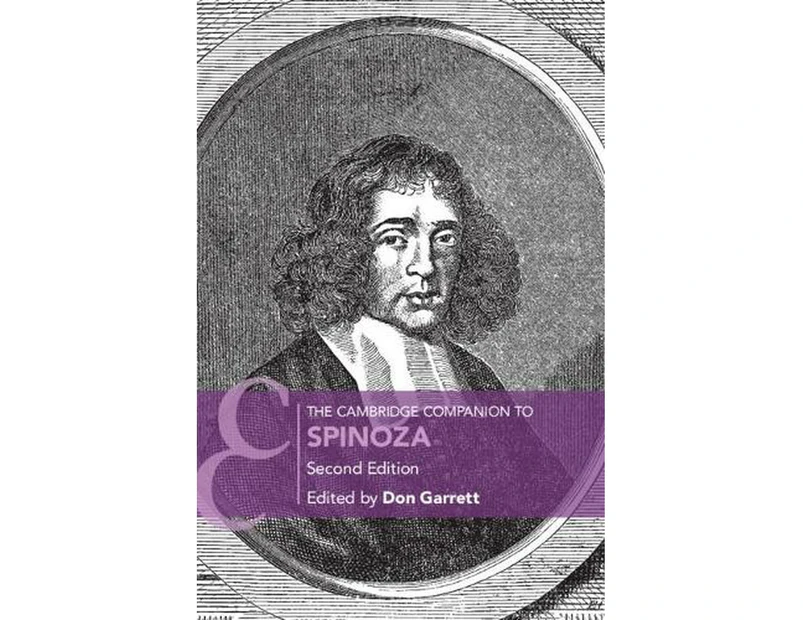The Cambridge Companion to Spinoza

Benedict (Baruch) de Spinoza (1632–1677) was one of the most systematic, inspiring, and influential philosophers of the early modern period. From a pantheistic starting point that identified God with Nature as all of reality, he sought to demonstrate an ethics of reason, virtue, and freedom while unifying religion with science and mind with body. His contributions to metaphysics, epistemology, psychology, ethics, politics, and the analysis of religion remain vital to the present day. Yet his writings initially appear forbidding to contemporary readers, and his ideas have often been misunderstood. This second edition of The Cambridge Companion to Spinoza includes new chapters on Spinoza's life and his metaphysics, epistemology, philosophy of religion, and biblical scholarship, as well as extensive updates to the previous chapters and bibliography. A thorough, reliable, and accessible guide to this extraordinary philosopher, it will be invaluable to anyone who wants to understand what Spinoza has to teach.
